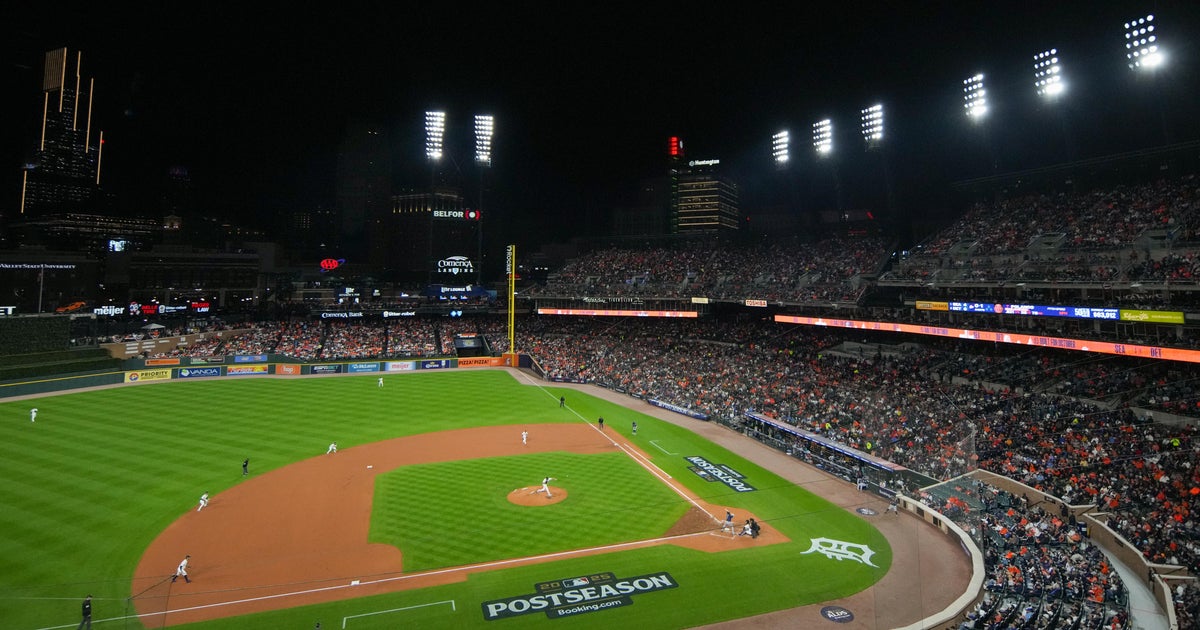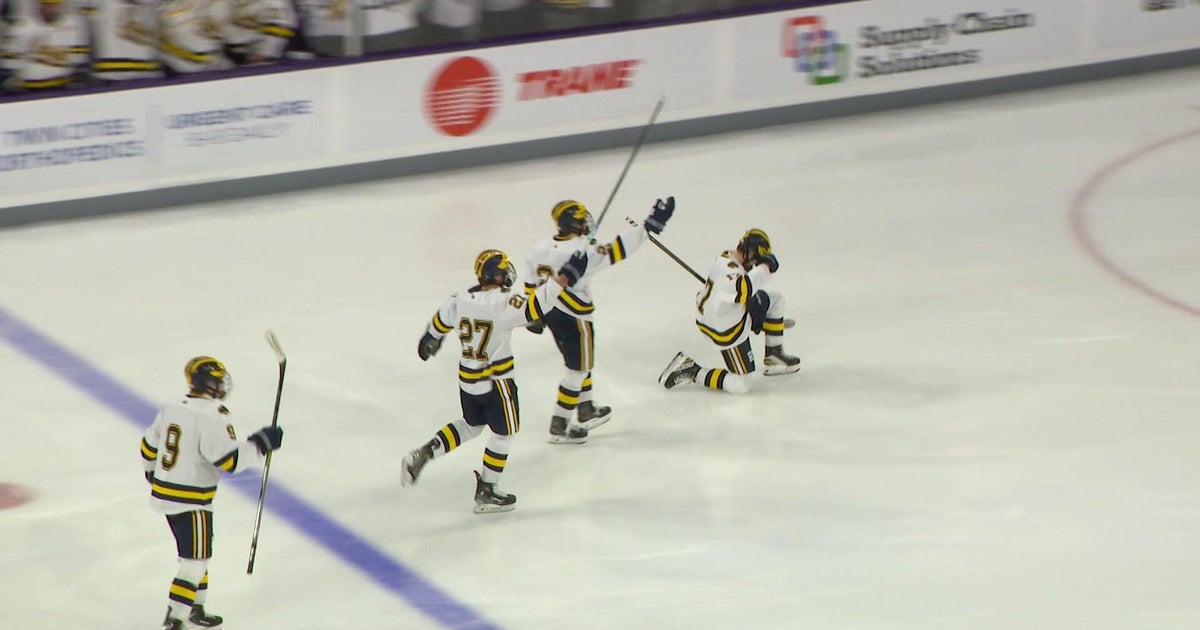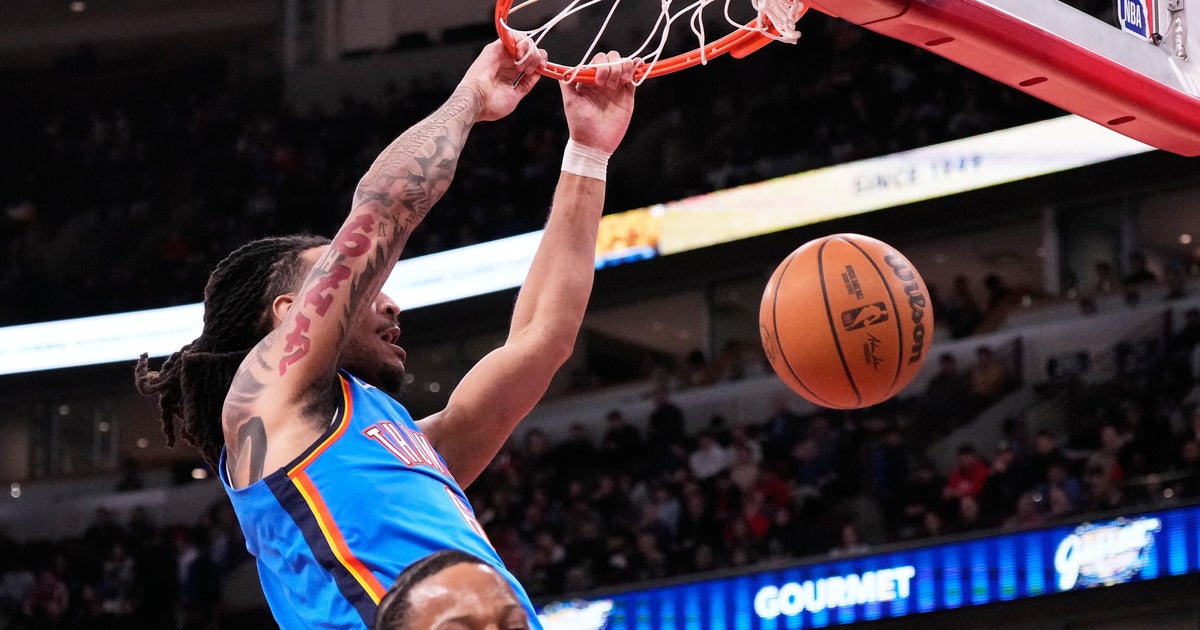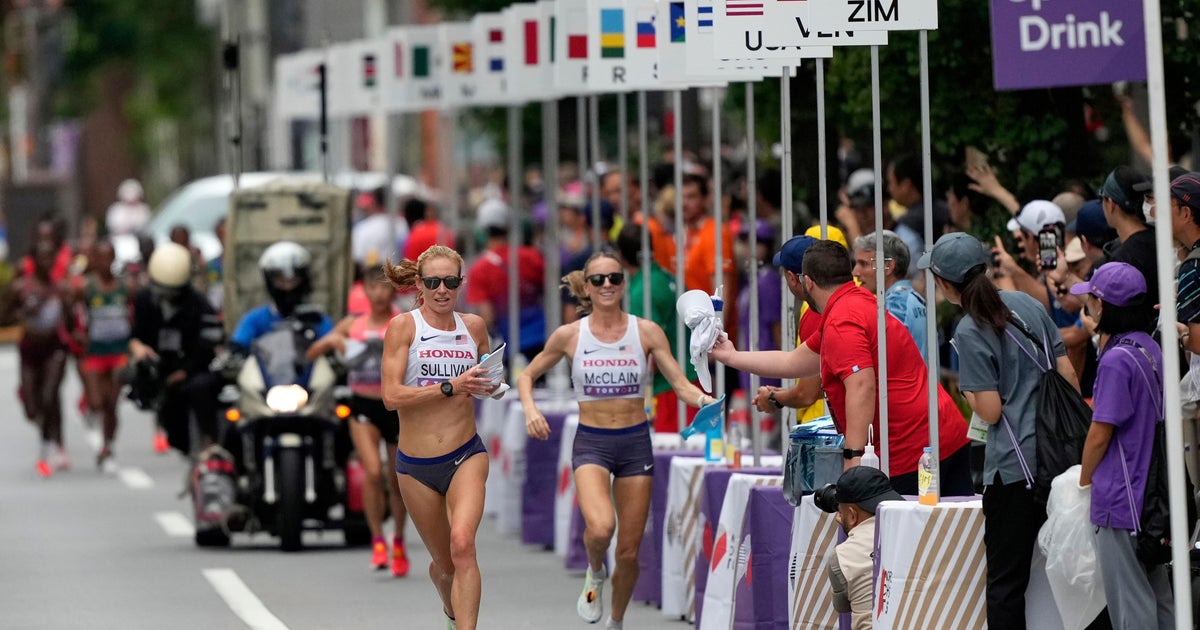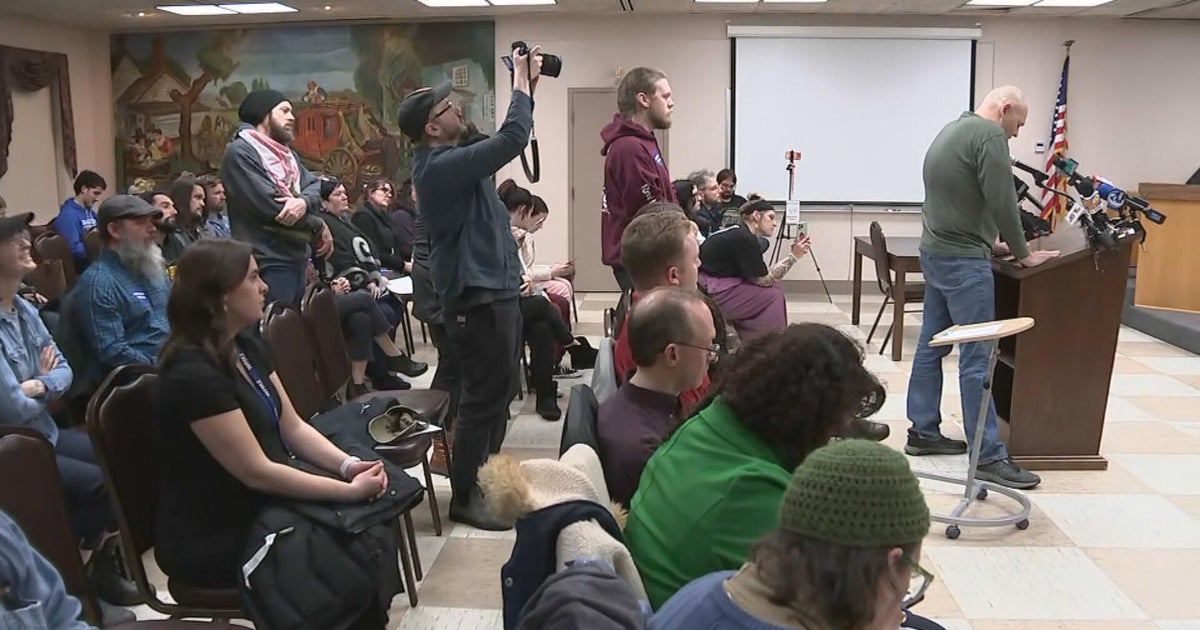Where's The Accountability For Sloppy Tigers?
By: Will Burchfield
@burchie_kid
There was a pregnant pause before Justin Upton answered the question.
Even when he spoke, he did so haltingly, hesitantly.
In the wake of Nicholas Castellanos' egregious base-running mistake in the Tigers' 9-4 loss to the Twins on Friday, Upton had been asked if he feels the coaching staff passes the proper level of accountability onto the players.
"Yeah," Upton replied, without much conviction. "I think the accountability's there, and we have to hold ourselves accountable in situations like that. This is the big leagues. You have to know the situation of the game and act accordingly."
Castellanos was on second base in the eighth inning with the Tigers down by three. There was one out. John Hicks, representing the tying run, hit a line drive deep to right field. Castellanos lost the ball off the bat.
"I looked up and it was right in the lights. I didn't see it until it was on its way down," he said.
Minnesota's Max Kepler made a leaping catch at the wall and Castellanos tagged up from second base to try to advance to third.
"I saw him jump, make the catch and originally I read it right but then I thought I left (the base) early so I tried to tag up again," Castellanos explained.
At that point, Castellanos should have stayed put at second. But he dug for third anyway. Halfway between the bags, he started to second-guess himself.
"Yeah, sure, more when I was already running," he said.
By then it was too late. Kepler threw to second baseman Brian Dozier who gunned down Castellanos at third. Inning over, rally over.
The Tigers would go quietly in the ninth.
"They made a perfect relay and it was bang-bang. It is what it is," Castellanos said. "Looking back, would I have gone? No -- but I can't do that."
Baseball players are taught to never make the first or third out of an inning at third. It's a cardinal sin.
"I was trying to get to third because originally if I read it right, I'm on third easily. It was just an overaggressive mistake," Castellanos said.
Brad Ausmus didn't approach Castellanos in the dugout between innings. Asked afterward if he ever talked to his 25-year-old third baseman about the blunder, Ausmus shook his head.
"What am I gonna say?" he asked.
Castellanos said he didn't necessarily expect Ausmus to talk it through with him. He doesn't feel that's the manager's duty.
"We're the best in the world at what we do," he said, his point being that big-league ballplayers are well aware of their mistakes and how to correct them.
Are they, though? The Tigers have been a terrible base-running team for a long time now, not only in their ability but in their habits. They seem to approach the whole business with a certain carelessness. This is evident to the eye, but it's also substantiated by the numbers.
In terms of BsR, an all-encompassing base-running statistic, the Tigers have ranked among the bottom five teams in baseball every year since 2011. They are alone in that distinction. Since 2014, Ausmus' first season as manager, the Tigers have a BsR of negative-70.6, easily the worst in baseball. In other words, they have lost about 70 runs on the bases compared to the average team.
"I don't think we make a ton of mistakes," said Upton. "I think sometimes when we're aggressive our speed doesn't make up for it."
Yes, the Tigers lack team speed so they're bound to rank low in a stat like BsR. But BsR also considers things like pickoffs, getting thrown out trying to take an extra base, running into double plays -- mistakes that are more mental than physical. The Tigers' sluggish legs aren't the only reason they grade so poorly on the base paths.
Their heads, it often seems, are equally to blame. For Ausmus, Castellanos' mistake on Friday defied comprehension.
"I can usually give you some type of explanation to defend him, but I can't defend that one," Ausmus said. "Makes no sense to me."
But, again, Ausmus never addressed the matter with Castellanos. Never even approached him. Letting a player stew is understandable, but only if that anger hardens and cools into a lesson. For the Tigers, it feels like the frustration fizzles out and is forgotten.
Even among the players, there seems to be an excessive level of lenience. The veteran Upton said he didn't seek out Castellanos.
"You obviously don't let it slide, we don't wanna see that stuff, but he knows he made a mistake. He's gonna go home and think about it. You don't want to jump on him," Upton said. "You want it to be a learning experience for him, and then pull him to the side and talk when he's ready."
This is about more than base running. No one needed to go over the play with Castellanos from a tactical standpoint. This is about establishing a culture that doesn't excuse carelessness, that doesn't brush aside sloppy play and fixable mistakes. This is about having the hard conversation right away, about sending a message when it will resonate the most.
It's about accountability, and not the introspective kind.
In the Tigers' clubhouse, there isn't enough to go around.
